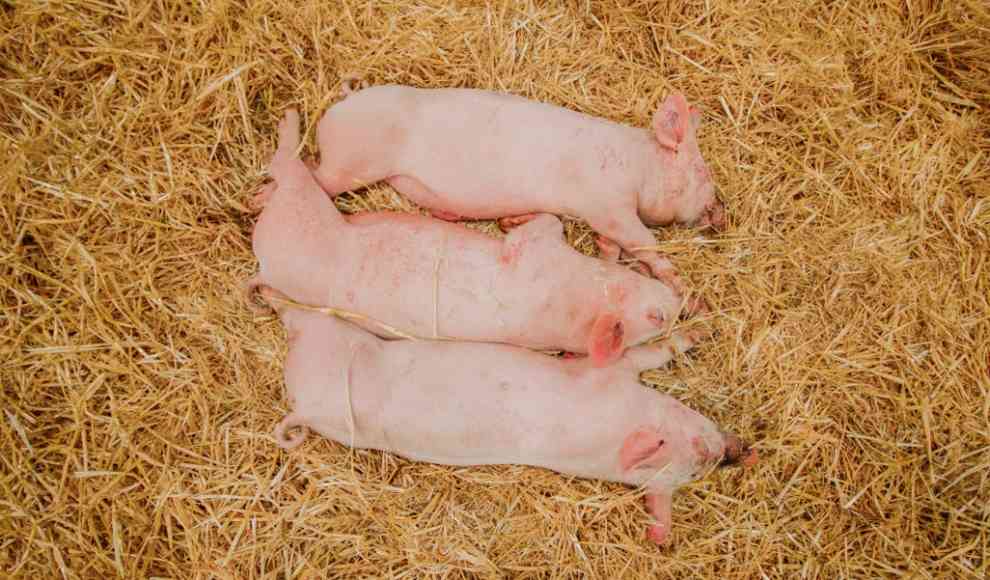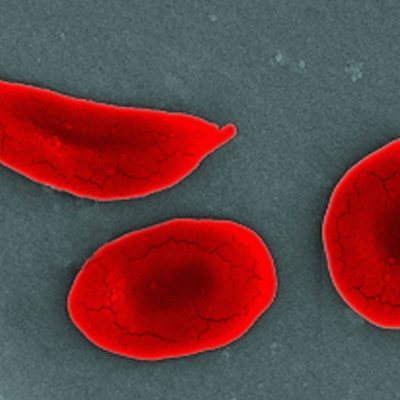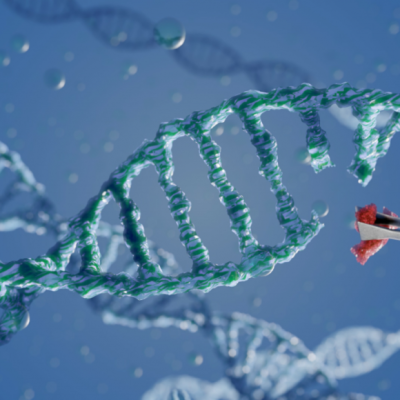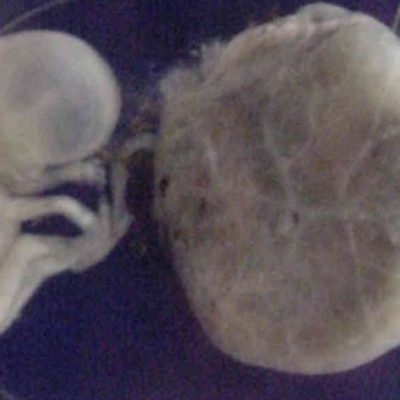Scientists have used the CRISPR/Cas method, also known as gene scissors, to modify male pigs to develop female reproductive organs. This genetic modification prevents the typical odor associated with male pigs, eliminating the need for traditional castration methods. The odor, caused by the compounds Androstenone and Skatole, is produced in the testicular tissue of male pigs at around five months of age. To prevent the development of the odor, male pigs are typically castrated at a young age in industrial meat production. However, researchers at the Friedrich-Loeffler-Institut have developed a genetic method that could replace traditional castration methods.
The study, published in the journal PNAS, shows that the CRISPR/Cas system can be used to deactivate the HMG domain of the Y chromosome, resulting in the development of female reproductive organs in male pigs. The pigs remain genetically male but cannot be distinguished from female pigs based on their external or internal organs. The only visible difference is that the reproductive organs of the genetically modified pigs remain smaller. Additionally, the modified pigs are infertile, indicating that other genes are involved in the differentiation of reproductive organs.
While the researchers consider this project to be basic research, the possibility of using this method in pig production is currently excluded due to genetic engineering laws. However, the scientists suggest that modifying the Y chromosome of male pigs to produce only female offspring could be a future possibility. The German Animal Welfare Association opposes this method, suggesting that the simpler and more humane method of immunocastration could be used to prevent the development of the odor in pig production.
In conclusion, the CRISPR/Cas method has been used to genetically modify male pigs to develop female reproductive organs, eliminating the need for traditional castration methods. While this method is currently excluded from pig production due to genetic engineering laws, it could be a future possibility. The German Animal Welfare Association opposes this method, suggesting that immunocastration is a more humane alternative.










